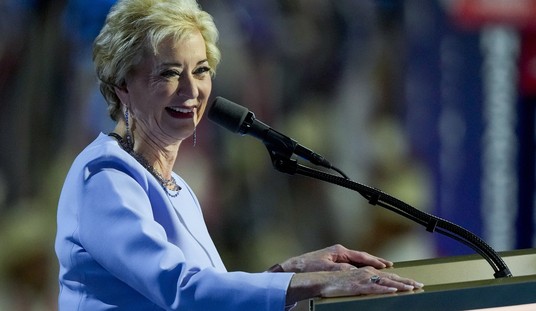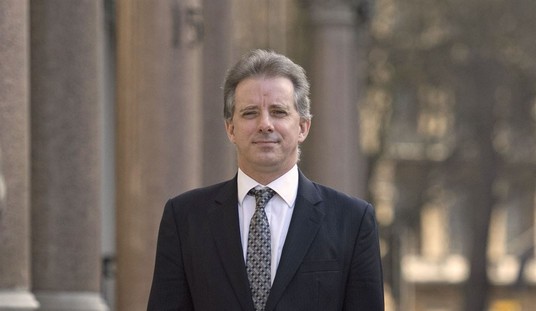Let me preface this by saying that for quite a while I have deliberately put liberals outside my circle of friends and acquaintances. The reason is very simple. If you are in close social contact with liberals you can never let down your guard and if you can’t let down your guard, well, why have social contact with them?
Case in point. Ruth Bader Ginsburg.
For years they have been portrayed as a judicial “odd couple.” People who were diametrically opposed on most decisions but who had a close personal friendship with one another. Scalia said this in one interview:
“I consider myself a good friend of every one of my colleagues, both past and present — some more than others,” Scalia said. “My best friend on the court is and has been for many years Ruth Ginsburg. Her basic approach is not mine, but she’s a lovely person and a good, loyal friend.”
On Scalia’s death, she issued a statement that, in part, said:
“From our years together at the D.C. Circuit, we were best buddies,” she wrote. “We disagreed now and then, but when I wrote for the Court and received a Scalia dissent, the opinion ultimately released was notably better than my initial circulation.”
Last week an interview of Ginsburg was published in the New York Times. Most of the attention was devoted to her critique of Donald Trump:
“I can’t imagine what this place would be — I can’t imagine what the country would be — with Donald Trump as our president,” she said. “For the country, it could be four years. For the court, it could be — I don’t even want to contemplate that.”
Hidden away was this nugget:
It was a credit to the eight-member court that it deadlocked only four times, she said, given the ideological divide between its liberal and conservative wings, both with four members.
One of the 4-4 ties, Friedrichs v. California Teachers Association, averted what would have been a severe blow to public unions had Justice Scalia participated. “This court couldn’t have done better than it did,” Justice Ginsburg said of the deadlock. When the case was argued in January, the majority seemed prepared to overrule a 1977 precedent that allowed public unions to charge nonmembers fees to pay for collective bargaining.
A second deadlock, in United States v. Texas, left in place a nationwide injunction blocking Mr. Obama’s plan to spare more than four million unauthorized immigrants from deportation and allow them to work. That was unfortunate, Justice Ginsburg said, but it could have been worse.
“Think what would have happened had Justice Scalia remained with us,” she said. Instead of a single sentence announcing the tie, she suggested, a five-justice majority would have issued a precedent-setting decision dealing a lasting setback to Mr. Obama and the immigrants he had tried to protect.
When given a choice between the life of a friend and pushing forward with profoundly anti-American, anti-freedom, and anti-Constitutional policies, Ginsburg doesn’t hesitate to say, “Think what would have happened had Justice Scalia remained with us.”
This is why you can’t trust them because even the ones who consider themselves to be your “good buddy” will burn you down in a flash if it means advancing a progressive agenda item.













Join the conversation as a VIP Member